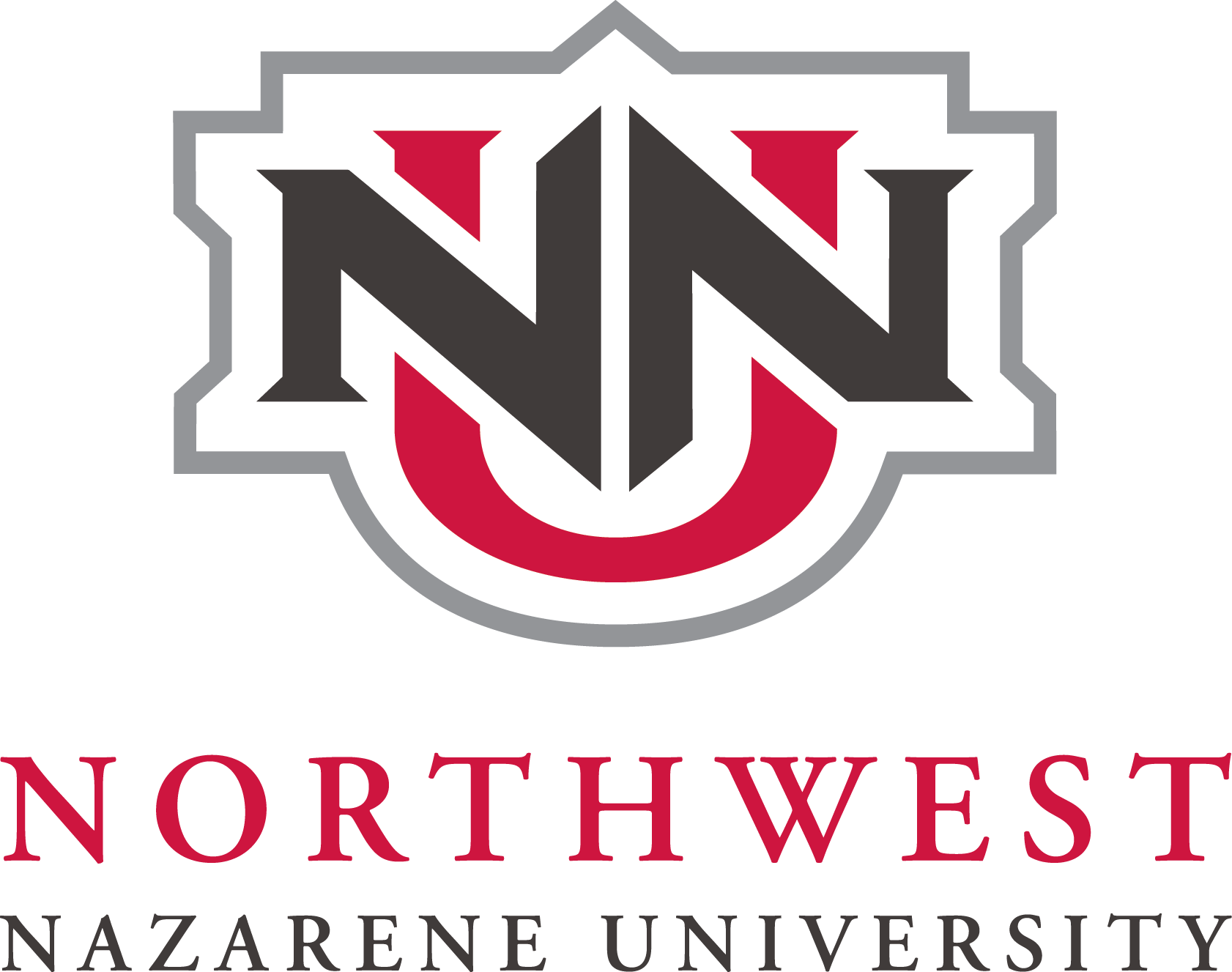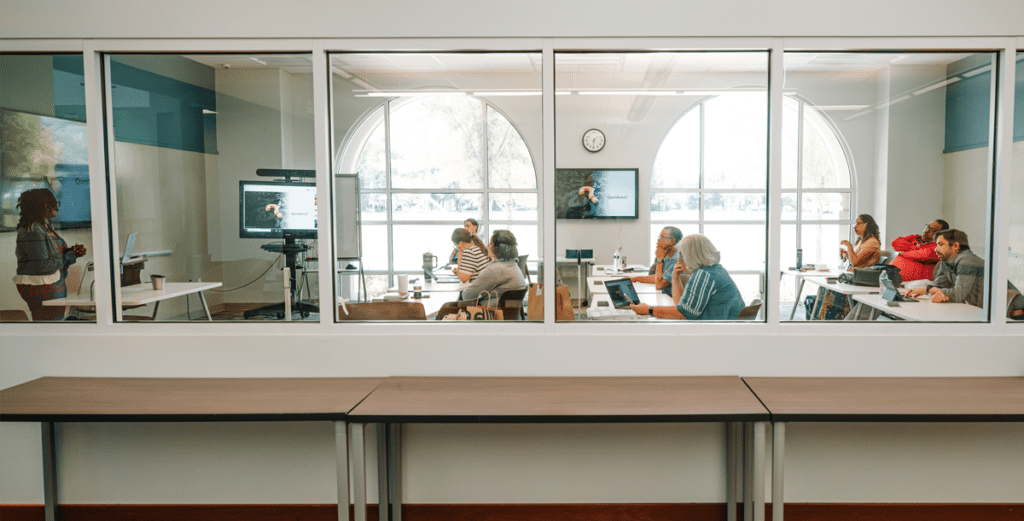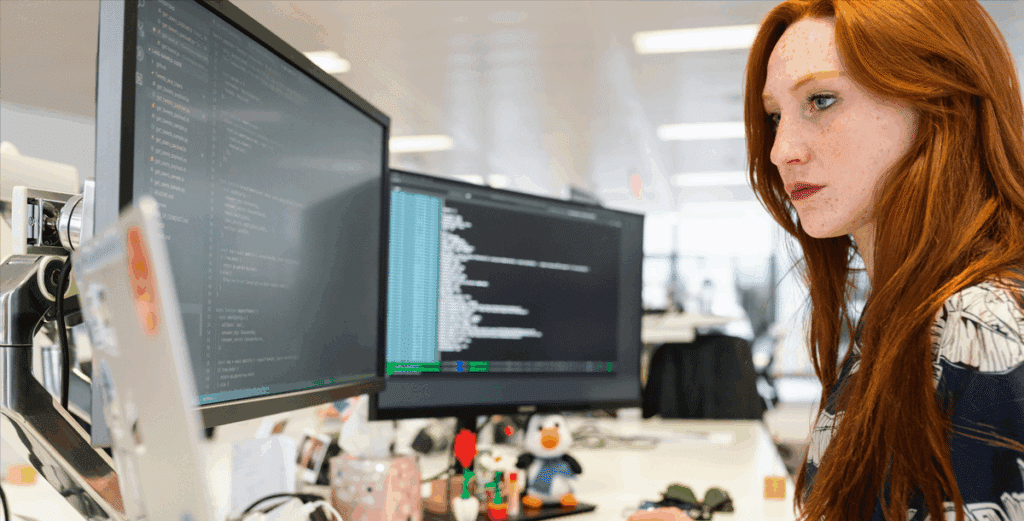Want a question answered? Ask Siri, Alexa, Google or Chat GPT! Easy, right? Not so fast!
We live in a day when artificial intelligence (AI) and search engines provide instant access to vast amounts of information. So why are research skills still relevant? Because information served up to us by technology isn’t always right! Thorough, critical and effective research is as important as ever. Although technology gives us greater access to information, it falls short. It cannot replace human judgement. It cannot discern; it will only serve up information. It cannot analyze information either. Humans are still needed for those tasks, arguably now more than ever.
Consider the following ways humans, particularly well-educated humans (like grad students) need sharp research skills:
Information Overload
The internet is flooded with information, but is all of it good information? Not even close. We all know someone who used a faulty Wikipedia article, don’t we? Or searched for “best vacuum cleaners” to be served up obviously AI-generated “reviews.” Not all information online is accurate, reliable or relevant, and it is becoming increasingly so. Good research skills help you sift through the noise to identify credible sources and distinguish fact from misinformation. You need to be able to evaluate the trustworthiness of a source, cross-reference data and question the validity of what you find. These three things will help you determine whether a source is “noise,” bot-generated or credible.
Developing Critical Thinking
Research is not just about finding information; it’s about understanding, analyzing and applying it. Critical thinking is at the heart of effective research. It is what enables you to ask the right questions, identify patterns and draw meaningful conclusions. While AI can assist by generating ideas or summarizing content, it can’t contextualize information in the same nuanced way humans can. Your research skills bridge the gap between raw data and informed decision-making. This capability is especially vital in academic, professional and personal contexts.
Academic and Professional Integrity
Solid research skills contribute to academic and professional credibility. Knowing how to cite sources, avoid plagiarism and build a logical argument are foundational to intellectual honesty. While AI tools may suggest citations or summarize content, the responsibility of ensuring accuracy lies with you, the human on the other end of the tech. You are accountable for your work. You are responsible for maintaining a high standard of integrity. AI can assist, but it is not a replacement—an easy way out—for the human mind.
Adapting to Evolving Technologies
AI is a powerful tool, but it is only as effective as your ability to guide it. Your skills empower you to harness AI effectively. You must learn how to craft precise queries. You must be able to critically evaluate AI-generated outputs or integrate its findings into broader adaptations. You need to leverage technology as an assistant rather than a crutch. Some insights derived from AI are robust and meaningful, but it is up to you to determine which!
Lifelong Learning
Your research skills extend well beyond your academic pursuits—they are essential for lifelong learning and problem-solving. They enable you to seek career opportunities and evaluate whether positions are a good fit for you. Your research skills help you make informed decisions about your health, your finances or where to take your next vacation. Research is a cornerstone of independent living! Only you can do a deep dive into the information, verify it and draw the conclusions that are right for you. Those are uniquely human qualities, at least so far.
Yes, AI and Google have revolutionized access to information. Yes, the tech will evolve and become more powerful in the future. It will likely replace some jobs currently held by humans. But it cannot replace you if you hone your critical thinking skills, stay abreast of the technology and harness it appropriately. You—the human— are indispensable in an increasingly complex and data-driven world. And you are a human, endowed with creativity, opinions and ideas that are uniquely yours!








